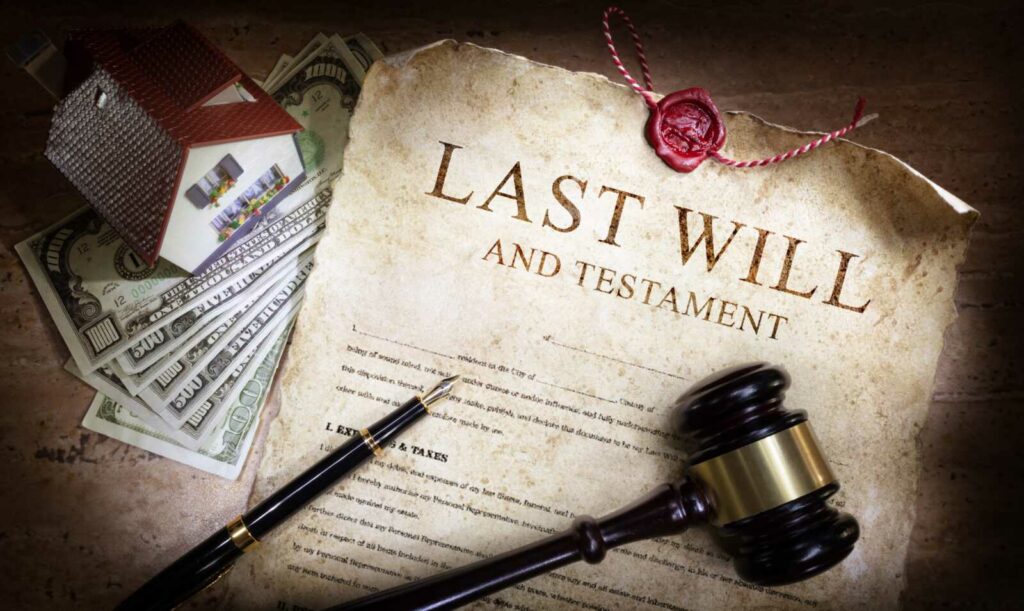
How Important is Bypassing Probate?
The process averages six to nine months to complete. However, it may take up to two years or more for some complex estates, tying up the assets that your family may need immediately.
Call us Anytime
Laurel, MD 20707
Downs Law Firm, P.C.

The process averages six to nine months to complete. However, it may take up to two years or more for some complex estates, tying up the assets that your family may need immediately.

Selecting an Executor (or Trustee)? If you can’t pay your bills due to injury or death, selecting an Executor (or Trustee), often proves to dictate how well the plan will work. Who do you pick as the quarterback? In a Will, Trust, or Power of Attorney, you must select a money managing chain of command. Who are you going to hand the checkbook to? Although the role has different names for different documents, the considerations are the same. They all serve as fiduciary, who you trust to stand in your shoes and act for you when you can’t. In a Power of Attorney, this fiduciary role is called an “Attorney-in-Fact”; for a Last Will and Testament, this is an executor, and for a trust, it’s the trustee. Selecting fiduciaries becomes more accessible when the role is understood. A fiduciary is someone empowered to control different assets for another person, usually the intended beneficiary of the assets. The fiduciary must put the fiduciary’s interests aside and act in the beneficiary’s best interest, even when doing so is contrary to the fiduciary’s interests. Who Can Be a Fiduciary? A fiduciary can be anyone with legal capacity, including family members. Suppose you are not comfortable with a relative controlling your assets as a fiduciary. In that case, you may prefer to have a non-family member or even a financial institution serve in that role. For example, an estate planning attorney is a fiduciary by the nature of her legal and ethical obligation to act in the best interest of her clients. Still, an attorney also may serve as a fiduciary for an estate, a person, or a trust. The fiduciary appointed to administer a trust and manage its assets is a trustee. If the trust is created under your last will and testament to administer the inheritance for your beneficiaries, then such trust is known as a “testamentary” trust. On the other hand, if the trust is created under your revocable trust established during your lifetime, then the inheritance trusts come into play upon your death. Both inheritance trusts are irrevocable; the difference is that the “testamentary” trust requires probate, and the other does not. The fiduciary nominated by you to carry out the probate and administration of your Last Will and Testament is an executor (or personal representative). The executor must first receive permission from the court to carry out the executor’s responsibilities. Their authority to act comes into effect only after the last will has been presented for probate and the court appointments that person to serve. How Do I Select the Best Candidate to Be My Fiduciary? Ordinarily, the person doesn’t need to be a financial expert: pick someone honest and reliable. They can hire experts, but there is no substitute for character. Selecting a fiduciary to take care of your financial and legal decisions at incapacity or death can be more complicated than deciding who you want to inherit your estate. If your family includes multiple marriages or has
You may hear commercials for companies that say they can get you released from a timeshare purchase and lease agreements. If your parent passes away intestate (without a will) and owned a timeshare, you may not want it.

Start by thinking of family and friends who share your values and have a loving bond with your children. They should be people you trust to raise your little ones with the care, wisdom, and courage of a legendary hero.

At some point, you’ll want to share your estate plans with your loved ones—and the first step in this process may be to hold a family meeting.

With good planning, unmarried couples can receive many of the same legal protections as married couples when it comes to inheritance and taxes.

In the realm of estate planning, a common adage rings true: “Failing to plan is planning to fail.” As an experienced estate planning attorney, I’ve witnessed firsthand the turmoil and heartache that can ensue when individuals neglect the crucial step of…

The loss of a loved one is a difficult time, often compounded by the necessity of addressing estate settlement and the liquidation of assets.

While a will is one of the most important estate planning documents you can have, there are things that a will won’t cover.

Dealing with death is never easy and overseeing the estate can be complicated. However, staying organized can help you manage things smoothly.